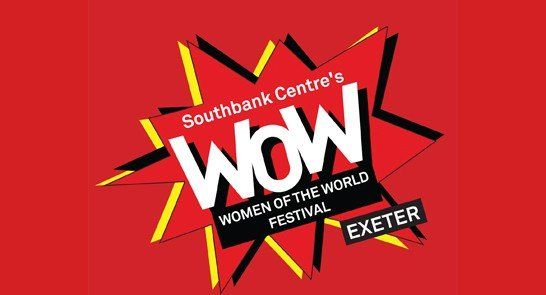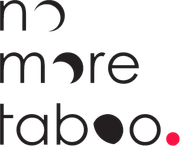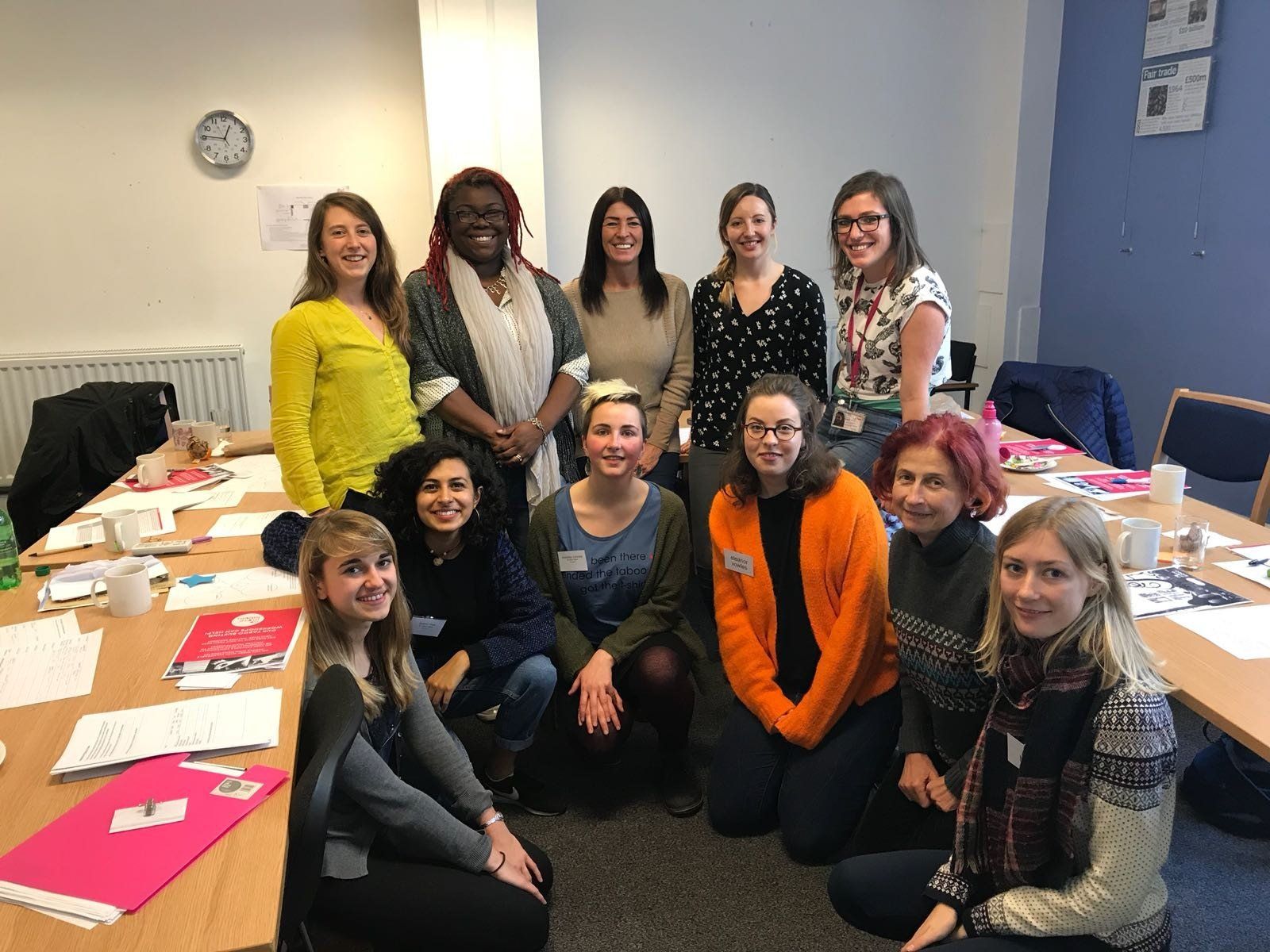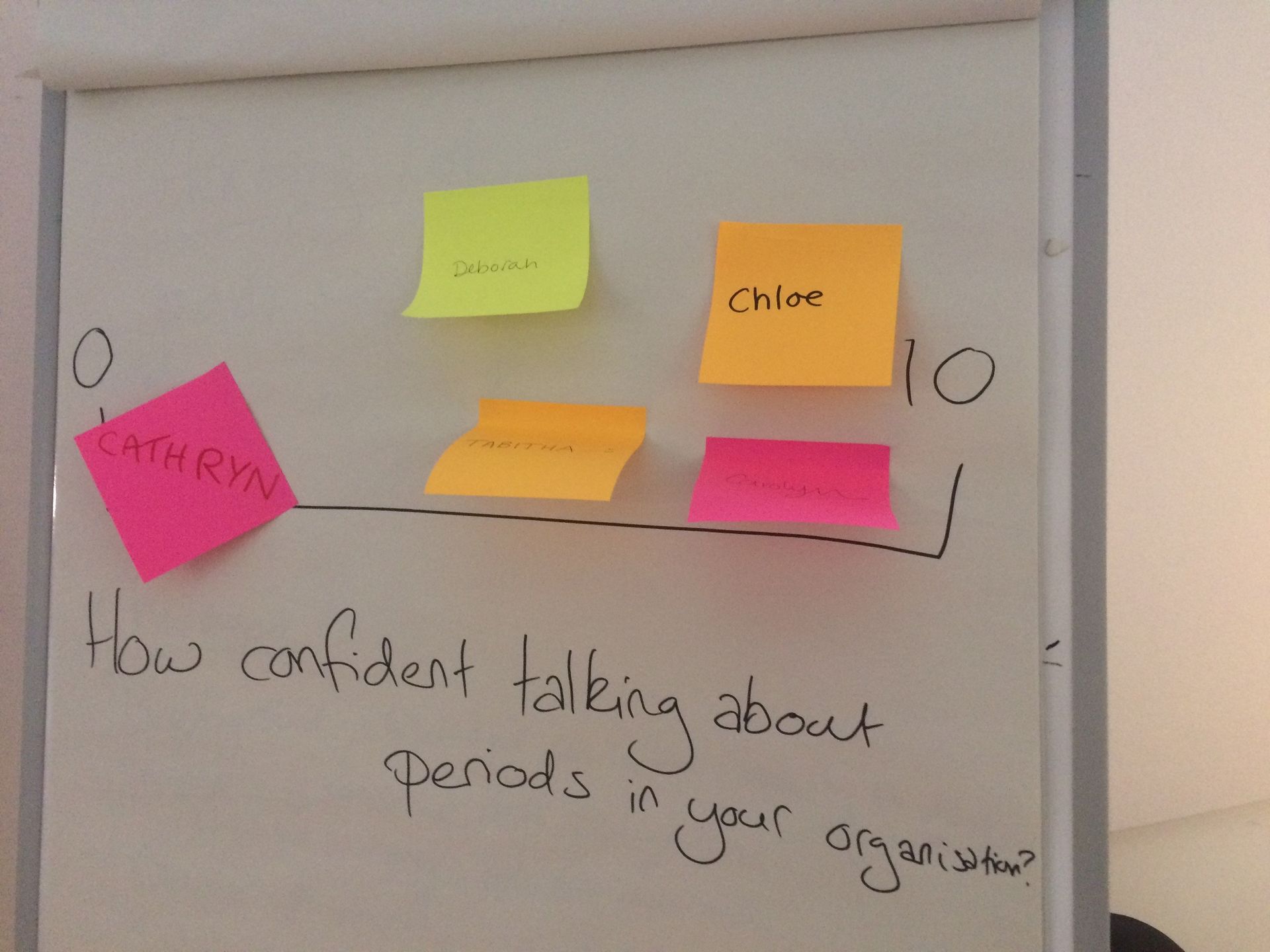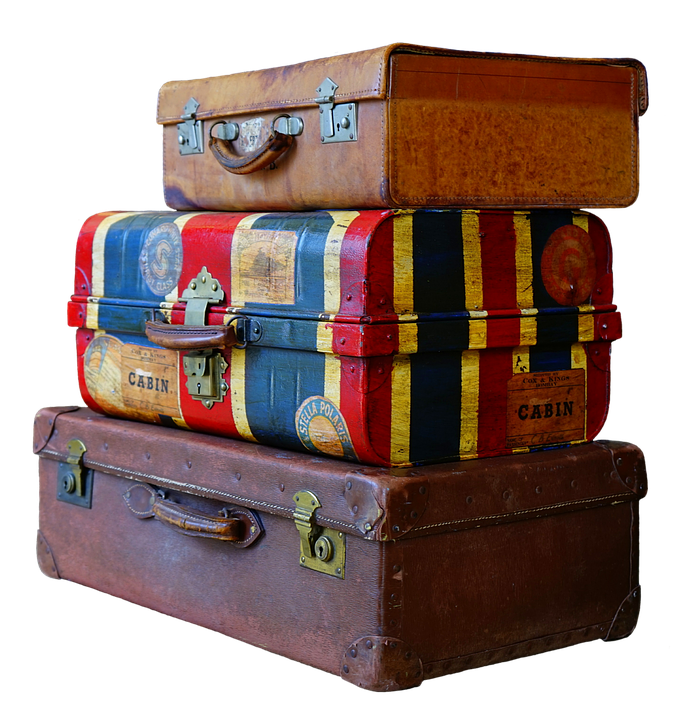Spotlight on Her Turn, Nepal
- By Koyelia Sirkar
- •
- 27 Mar, 2016
- •
Her Turn focuses on reaching adolescent girls in marginalised communities and helping to build their confidence and empower them. They work with communities where there is a high rate of child marriage, of female school dropouts and of child trafficking.
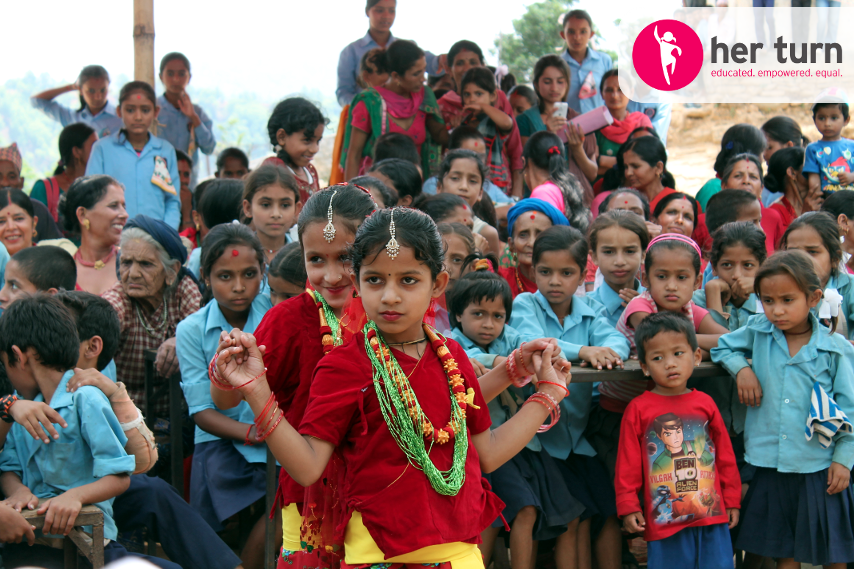
Her Turn, are one of the first women empowerment organisations I came across in Nepal. Their focus is reaching adolescent girls in marginalised communities and helping to build their confidence and empower them. They work with communities where there is a high rate of child marriage, of female school dropouts and of child trafficking.
I’m met outside a huge colourful Stupa in Chabahil, a bustling sub region of Kathmandu by Anita the newly appointed project coordinator. We head up a flight of stairs to the Her Turn office, 2 rooms and a small kitchen. “Is it OK, if we wait for the rest of the team so we can all speak together”. You can feel that the team are excited to get to share their story with me and set out chairs in squashed circle so we can all sit together. I meet 7 members of the team. Two administrators, two field coordinators and two master trainers alongside Anita. One of the master trainers Jantin is seen as the motherly figure in the office, she is slightly older than the other women who are mainly in their early twenties (I would guestimate) and has worked with Her-Turn since they started 3 years ago.
The Her-Turn programme is being rolled out in 8 VDCs (Village Development Committees) in Nepal, it is a tried and tested model which works on a 24 day (4 week) training course for girls making sure they include both those still in school and others who have dropped out. Each week has a different theme the first week is Safety, the second Health, the third, confidence building and the fourth Leadership skills. The course is taught by ‘trainers’ from the community, these are young women usually 19-21 years old who are selected to be role models for the younger girls who are between 12 and 16 years old. These trainers are trained by the master trainers in a 5 day training course on how to deliver the Her Turn course. They then deliver the course entirely independently, with weekly check-ins with the master trainers to ensure everything is going to plan. Another aspect as part of the 4 week workshop is a project where teams of girls are given 5000rs to invest in improving something in their community, this can be spent on a health or safety issue or used to help improve something in the school, the team decides exactly what they want it to go towards. The girls in the workshop also organise the closing ceremony to celebrate their progress on the course.
After the initial workshop a trainer is selected to be a mentor for the girls, so there is a continued, sustained relationship and presence within the community. They set up a girl support committee with some of the girls who took part on the course. Each group meets regularly and they use this to discuss any issues which arise, they can also call emergency meetings to discuss acts of violence or proposed child marriage. The girls work together to find solutions and know they have the support of Her Turn should they need it (although usually they resolve the issues themselves from the training they have received).
What I love about this model is how many different levels of empowerment there are. Not only are the staff of Her Turn young, inspiring, forward thinking, modern Nepali women who are proud to be Nepali women, but they work to empower two generations of young women, the trainers/mentors and the students on the workshop, who in turn empower and educate their community. They have thought carefully about ensuring there is a support network after they have left and the staff truly believe in what they are doing.
As part of the Health week on the course they teach about menstruation, they discuss restrictions and how girls should not feel they are “dirty or untouchable” during their period with a focus on what menstruation is and how they can take care of themselves. They provide ‘Dignity kits’ which include access to 4 pieces of red cotton (what is traditionally used as a sanitary pad in rural Nepal). One of the field coordinators, Radha said that she felt the work on menstruation was a key part of what they do. That at one of the closing ceremonies where parents, teachers and community members come together to celebrate the work of the girls, one of the girl’s parents said “we now understand that we do not have to be untouchable during menstruation, our daughters have taught us that”.
Her Turn are now starting to expand their programme to include focus on new areas including a programme specifically on Child Marriage, where they have asked both girls and boys what they think the issues are and what they want to know. They are designing a comic book and home to print 5000 copies to be distributed through schools soon.
They are also starting a new programme in Chumla, an area where Chaupaddi, the practice of isolation during menstruation, is still widely practiced and believe this will be a focus of their work.
It is great to meet so many inspiring young Nepalis doing great work in women empowerment.
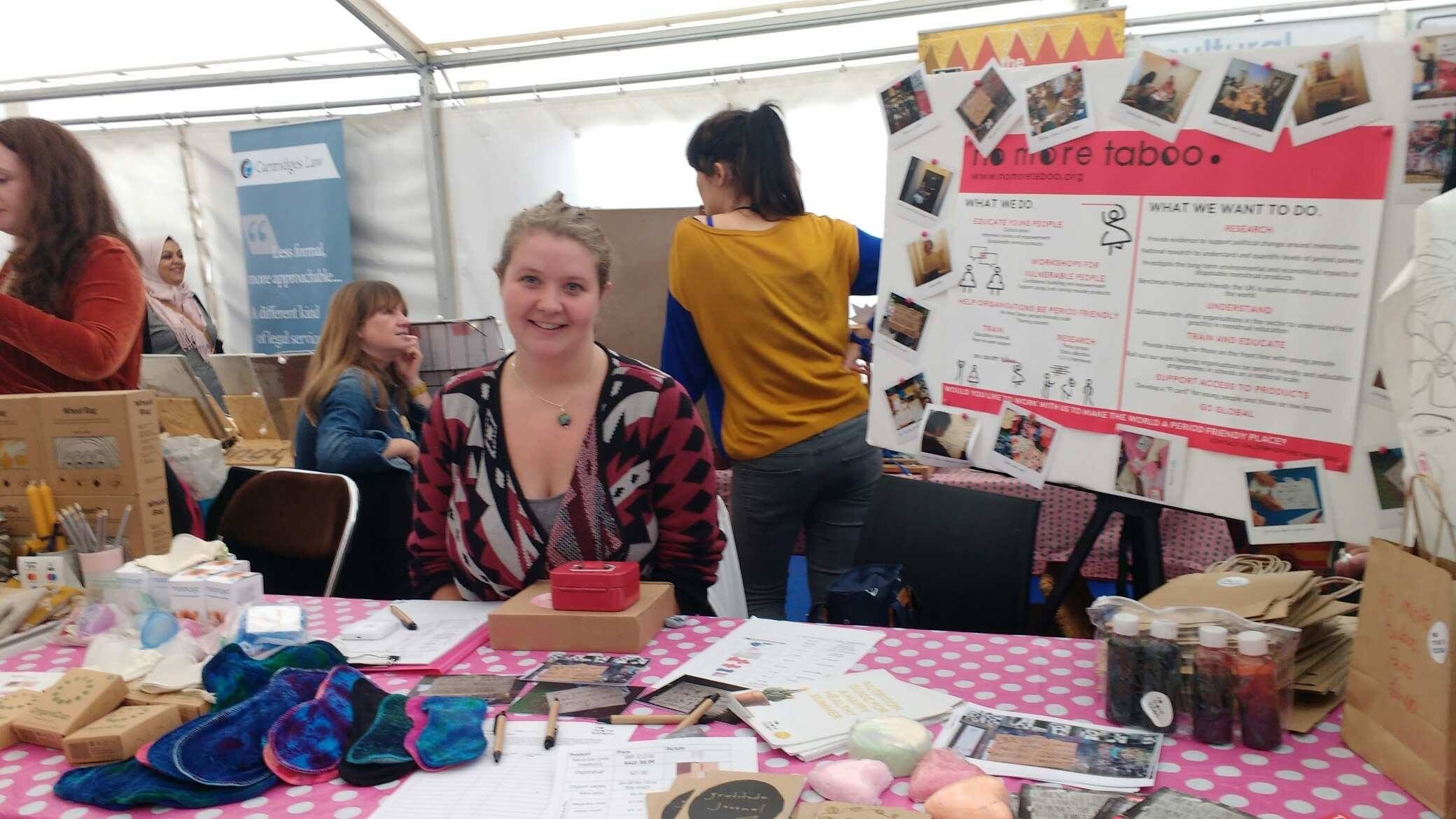
WOW Women of the World festivals have been popping up across the world, if you get the chance to go along to one we would strongly recommend it.
WOW – Women of the World festival celebrates women and girls, and looks at the obstacles that stop them from achieving their potential.
Around the world, individuals and communities are insisting on the simple proposition that women and girls must have equal rights and asking the question: why is gender equality taking so long?
Southbank Centre's WOW – Women of the World festival is a global network of festivals which provides a platform for celebrating what has been achieved, and exploring all the ways we can change the world for the better.
What’s not to love?
Our Founder, Chloe, and her Mum Angela went along to represent No More Taboo with a stall across the two days. Here’s her highlights:
“Although we didn’t get much time to take in all the discussions as we were kept busy wo-manning the stall (thanks Mum for helping out)! We had some great discussions around gender, equality, inclusivity and of course periods with new customers, supporters, other panellists and some old friends who came to see us.
In fact, we were really pleased to catch up with Plan International UK who were opening the festival with a discussion about Period Activism exactly one year on since the launch of our #BreaktheBarriers research and Period Poverty Conference that we ran in collaboration with Plan.
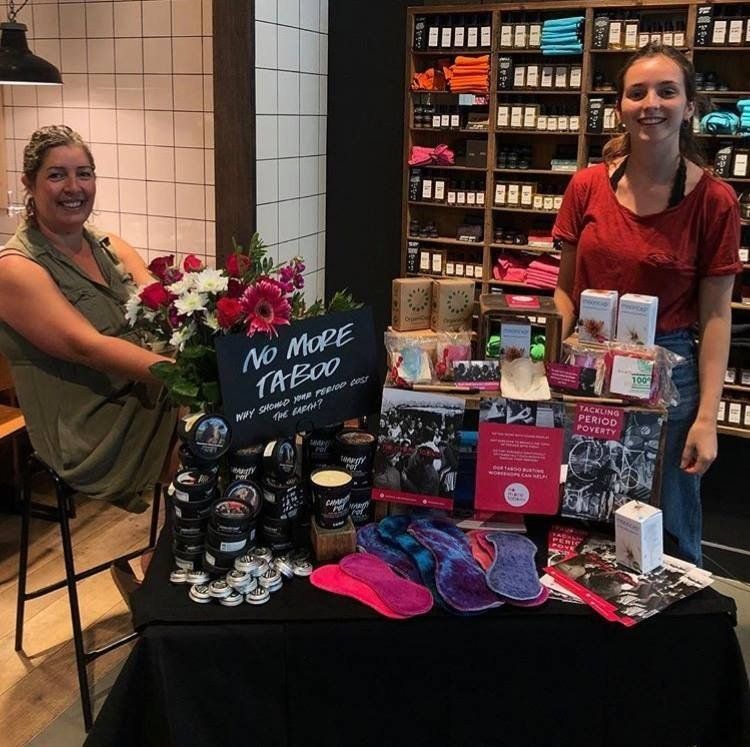
On the first weekend of September, No More Taboo set up shop at Lush Cribbs Causeway for their Charity Pot weekend.
The Lush Charity Pot is a wonderfully creamy shea-butter hand lotion where all the sales money (excluding VAT) goes towards a chosen charity or non-for-profit. This scheme is designed to help boost grass-roots, small and local organisations, like ourselves, financially so that we can continue to do the work we do such as our Tackling Period Poverty programme.
As we were Lush’s chosen organisation for the weekend of the 1-2 September, one of our volunteers, Iloni, and one of our advisors, Carolyn, went along to wo-man the (suitably Lush-styled aesthetic) stall that Lush had kindly provided for us. We took along a range of our products, stacks of leaflets and information as well as our enthusiasm for talking about all things to do with periods.
Over the weekend, we sold over £200’s worth of stock with Ruby Cups and Honour Your Flow re-usable pads proving most popular with Lush customers. On top of this, Lush sold so many of their Charity Pots that £340.60 was raised for No More Taboo – which was amazing!
However exciting the money side of things were with this event, what I personally took away as being the real highlight of the weekend was the number and nature of conversations we shared with customers.
Mothers and daughters came and chatted to us about how they agreed it was so important to use re-usable products for personal and financial reasons as well as for the planet’s sake. Boyfriends accompanied their other halves as they prodded and probed the range of menstrual cups on display. Older women commented on how it’s such a relief to be able to talk about menstruation in public and with people you’ve only just met. They regaled of a time when periods were even more hush-hush and celebrated with us out mission of there being No More Taboo.
We would like to thank Lush Cribbs Causeway for being such wonderful hosts, encouraging every customer that came through their doors to consider buying the Charity Pot or simply to chat with us. Each member of their staff team was incredibly warm and so keen to find out more about what we do. On behalf of all of us at No More Taboo, thank you.
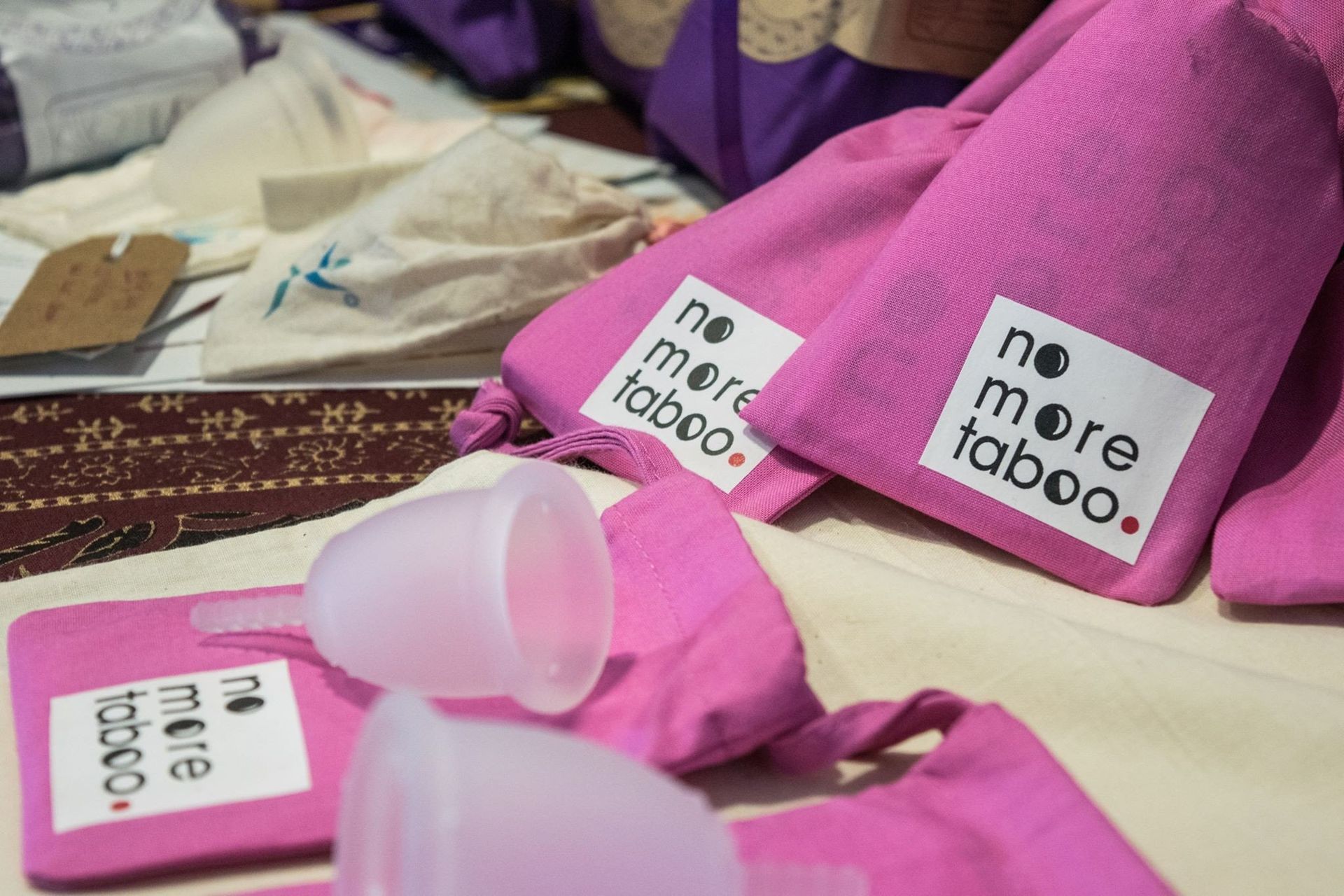

For more information, take a look at their website: https://www1.uwe.ac.uk/whatson/biggreenweek.aspx
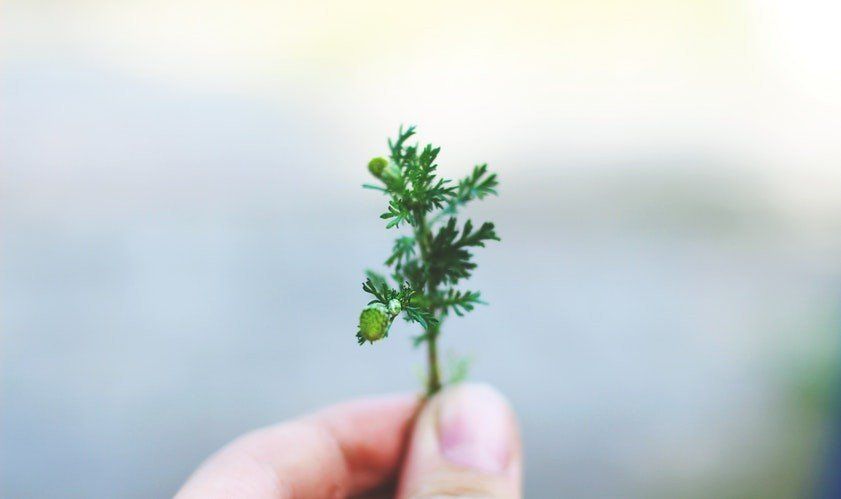
Read more here: https://www.wen.org.uk/environmenstrual-week-of-action/
